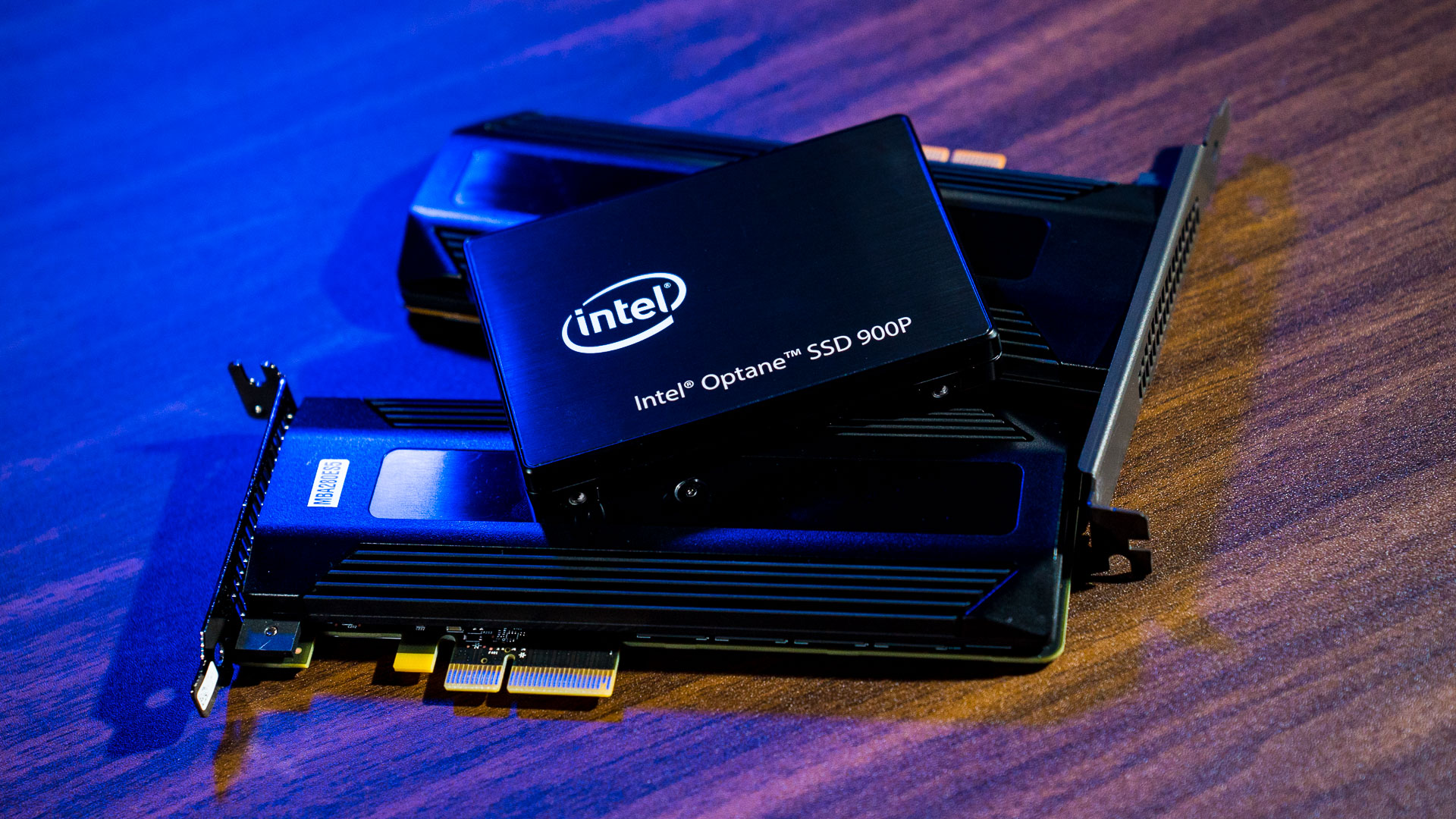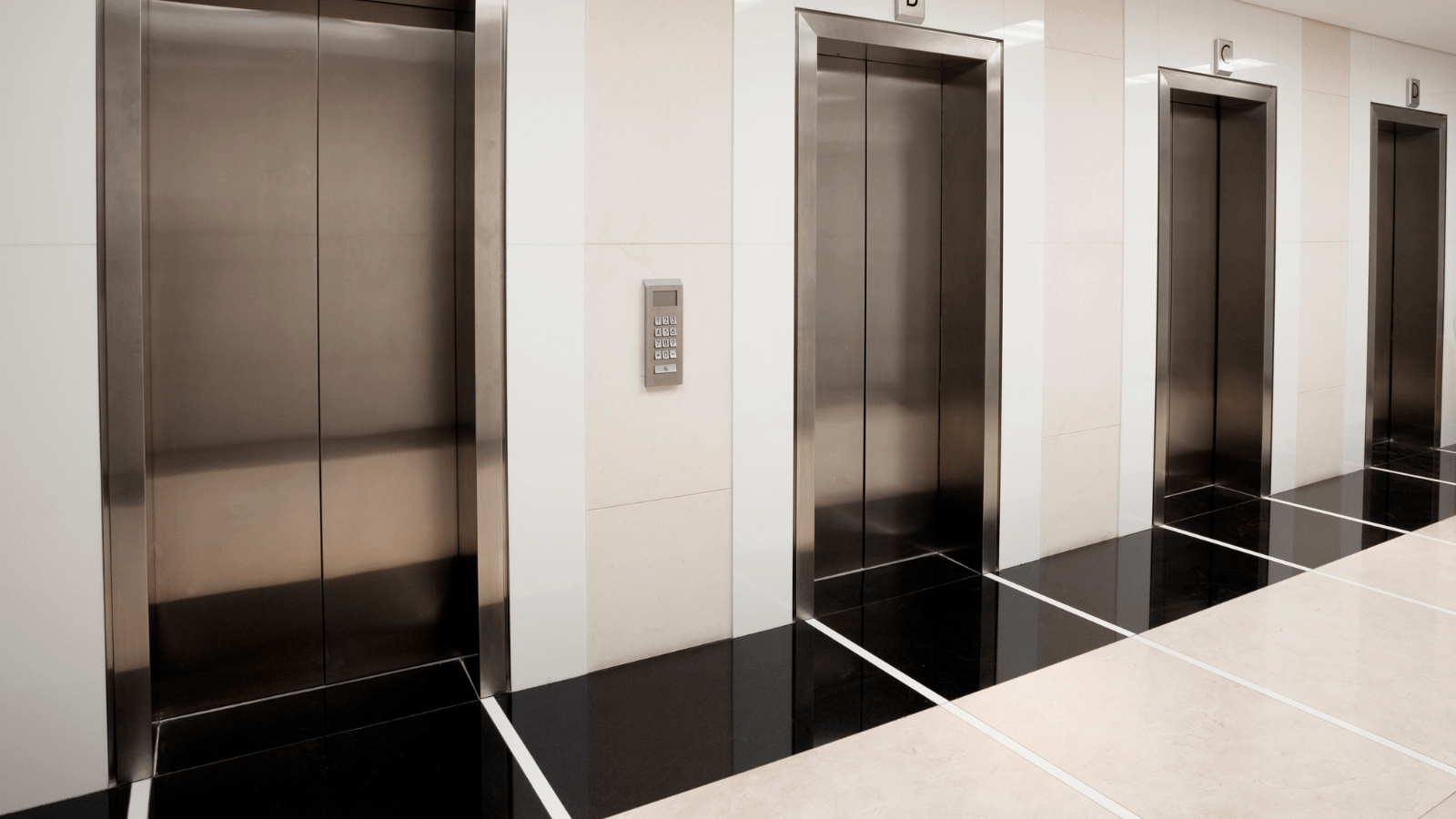When building or upgrading your PC, selecting the right storage device is crucial for optimizing performance, efficiency, and cost-effectiveness. With various storage types available on the market, it can be overwhelming to decide which one best fits your needs. In this comprehensive guide, we’ll walk you through the key factors to consider when selecting a storage device, from understanding different drive types to knowing how much storage you need.
At Gracile IT, we know how important it is to find reliable and high-performing components, which is why we’re here to guide you in choosing the best storage device for your PC.
1. Understanding Storage Types: HDD, SSD, and NVMe SSDs
The first step in choosing the right storage device is understanding the types available, as each has its strengths and trade-offs.
Hard Disk Drives (HDDs)
HDDs are traditional storage devices that use spinning disks to read and write data. They’re cost-effective, with large storage options ranging from 1TB up to 16TB or more. HDDs are ideal for:
- Large File Storage: Great for archiving photos, videos, and files.
- Budget-Conscious Users: For users who need a lot of storage without breaking the bank.
However, HDDs are slower than SSDs and have moving parts, making them more prone to physical damage.
Solid State Drives (SSDs)
SSDs are faster than HDDs and more durable since they have no moving parts. They use flash memory, making them ideal for faster data access. Key benefits include:
- Speed: SSDs are several times faster than HDDs, making them ideal for loading the operating system, applications, and games.
- Durability: Without mechanical parts, SSDs are more resistant to physical shocks.
However, SSDs tend to be more expensive than HDDs and may have lower storage capacity for a similar price.
NVMe SSDs (Non-Volatile Memory Express)
NVMe SSDs are the latest advancement in storage technology, leveraging a faster PCIe interface rather than the SATA interface used by older SSDs. NVMe drives are ideal for:
- High-Performance Needs: Tasks like gaming, video editing, and other data-intensive applications.
- Future-Proofing: With read/write speeds that can reach over 7,000 MB/s, NVMe drives are the fastest option on the market.
While NVMe SSDs deliver unmatched speed, they also come at a premium price.
2. Determining Your Storage Capacity Needs
The amount of storage you need depends on your specific usage.
- Basic Users: 256GB–512GB is typically enough for those who use their PCs for web browsing, office tasks, and light applications.
- Gaming PCs: Aim for at least 1TB, as modern games can easily consume 50–100GB each.
- Professional Users: For professionals handling large files, such as video editors or graphic designers, consider 2TB or more.
- Mixed Storage Solutions: A cost-effective approach is combining a smaller SSD for your OS and applications with a larger HDD for data storage.
3. Considering Storage Speed and Interface
When shopping for storage, keep an eye on the interface type, as it can affect speed and compatibility.
- SATA (Serial ATA): The most common interface, used by HDDs and SSDs. While it offers slower speeds than PCIe, it’s compatible with most motherboards.
- PCIe (Peripheral Component Interconnect Express): Mainly used by NVMe SSDs, PCIe provides faster data transfer speeds. If your motherboard has an M.2 or PCIe slot, it’s worth considering this for higher performance.
- USB-C External Drives: For those who need portable storage, USB-C drives offer good speeds and are convenient for transferring files between devices.
For most users, a SATA SSD provides excellent value, but if you need top-tier speed, look for PCIe-based NVMe SSDs.
4. Reliability and Durability Considerations
When it comes to reliability, there are a few key factors to consider:
- Read/Write Endurance: SSDs have a limit to the number of times data can be written, but most modern SSDs are highly durable and can last for many years.
- Error Correction and Data Protection: Many high-quality drives come with built-in error-correction features, protecting your data from corruption over time.
- Brand Reputation and Warranty: Trusted brands typically provide better quality control, and a longer warranty (3–5 years) is a good indicator of reliability.
At Gracile IT, we stock a range of quality, reliable storage devices from top brands, ensuring that you find something dependable.
5. Cost Efficiency: Finding Value in Storage Options
A practical approach to storage is balancing speed, storage size, and budget:
- Budget Build: If you’re building a budget PC, consider a SATA SSD for your OS and applications with a 1TB HDD for additional storage.
- Mid-Tier Build: Opt for a 500GB–1TB NVMe SSD for speed and performance, with a 2TB HDD for extra storage.
- High-End Build: For the best experience, a 2TB or higher NVMe SSD will maximize speed, ideal for power users or those who need quick access to large amounts of data.
While it’s tempting to choose high-capacity drives, consider if you’ll truly use that much space. Always compare the cost per GB to find the best value, and remember that SSD prices fluctuate, making it wise to monitor prices before you buy storage devices.
6. Should You Consider External Storage?
External drives are handy for those who need portable storage or want to back up files independently of their main system. Here’s when they’re useful:
- Backup Solution: Keep copies of important files safe in case of a primary drive failure.
- Portable Storage: Ideal for transferring data between computers, especially if you work in multiple locations.
- Gaming Consoles: External drives are compatible with gaming consoles, providing additional storage without needing internal upgrades.
When choosing an external drive, look for features like USB-C compatibility, compact design, and shock resistance.
7. Future-Proofing Your Storage Choice
Investing in quality storage today can save you from future upgrades. For future-proofing:
- Choose SSD Over HDD: SSDs are quickly becoming the standard, so choosing one is wise for longevity.
- Go for NVMe If Possible: If your budget allows, NVMe drives offer cutting-edge speed that will stay relevant longer.
- Plan for Expansion: Look for motherboards that support additional storage slots (like extra M.2 or SATA ports) to expand as needed.
Wrapping Up: Choosing the Right Storage for Your Needs
Selecting the right storage device for your PC can significantly impact performance, storage capacity, and longevity. Here’s a quick recap to help you choose:
- Evaluate Your Needs: Determine your usage type and storage requirements.
- Select the Right Type: Choose from HDD, SSD, or NVMe based on performance needs and budget.
- Consider Future Needs: Plan for storage that can adapt as your needs evolve.
Whether you’re building a gaming rig, upgrading your workstation, or simply seeking extra storage for your everyday PC, Gracile IT is here to help with a wide selection of PC Parts that fit every need and budget. Don’t hesitate to reach out for expert guidance, ensuring you make an informed choice that meets your needs today and into the future.




